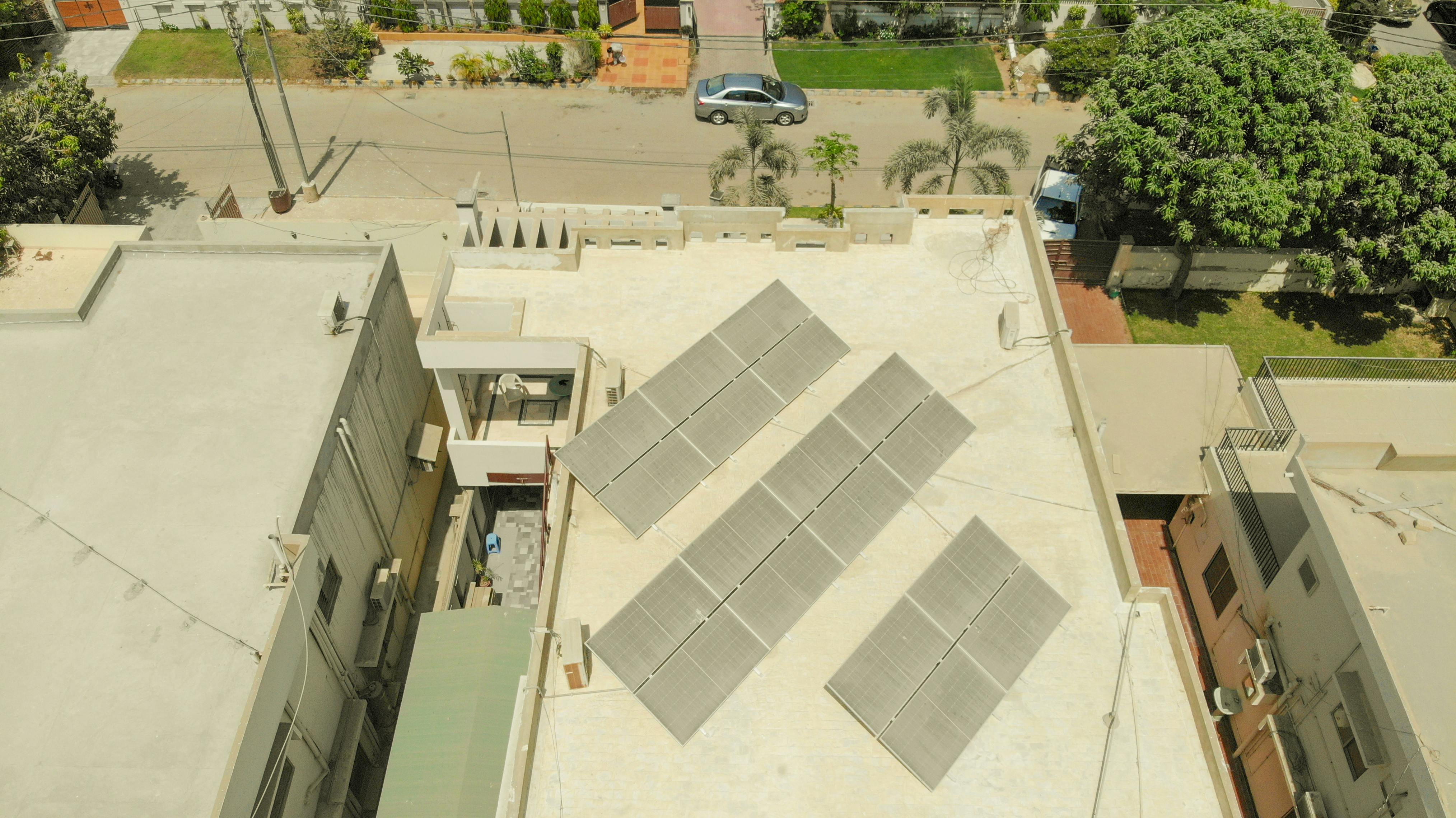
Introduction
The progressive shift towards renewable energy sources has encouraged many UK homeowners to evaluate the return on investment (ROI) of solar panels. This comprehensive guide serves to equip you with the requisite knowledge to make informed decisions about this significant home improvement investment. Evaluating the cost-effectiveness of solar panels extensively involves balancing the initial outlay against the savings you gain from reduced energy costs and the Feed-in-Tariff scheme.
The Investment Costs of Solar Panels in the UK
Solar panels manifest themselves as a sizeable home improvement investment. On average, the cost ranges between £4,000 and £6,000 for an average-sized residential system in the UK. The pricing primarily depends on the size and type of the solar panel array. Solar panels typically consist of photovoltaic (PV) cells that transform solar radiation into usable electricity. The more PV cells the array encompasses, the higher the initial cost but also the potential for greater energy generation.
Evaluating Savings from Solar Panels
Solar panel roi uk is not just a matter of comparing the initial outlay to energy cost savings. Instead, it requires a holistic view of all the potential savings one could accrue. The most immediate saving comes from reduced energy costs. Utilising solar energy minimises your reliance on the National Grid, leading to lower energy bills.
UK homeowners with solar panels typically save between £90 and £220 per year on electricity, depending on the system's size and the household energy usage. It's crucial to remember these figures are averages and that real savings could be higher or lower based on numerous factors, including the system's geographical location, the angle of panel installation, and the extent of sunlight exposure.
Feed-In Tariff Scheme and Export Tariff Benefits
Beyond electricity savings, the Feed-in Tariff (FiT) significantly bolsters solar panels' ROI. Although the FiT scheme for new applicants closed in April 2019, those who previously installed solar panels might still benefit. This government scheme remunerates homeowners for every kilowatt-hour of electricity generated.
For homeowners who have installed solar panels post-FiT closure, the Smart Export Guarantee (SEG) acts as a replacement. Under SEG, energy suppliers with over 150,000 customers must remunerate small-scale low-carbon generators for the excess electricity they feed back into the grid. The payment rates under SEG, however, are not as lucrative as the FiT rates.
Environmental Considerations
When assessing the worth of solar panel investments, one cannot neglect their environmental impact. Solar panels present a low-carbon alternative to traditional electricity sources, helping homeowners shrink their carbon footprint. While it can be challenging to assign a monetary value to these environmental benefits, the sense of contribution to a sustainable future often proves priceless for many.
Longevity of the Solar Panels
Another key consideration while evaluating the ROI of solar panels is their lifespan. The typical expected lifespan of solar panels in the UK is between 20 to 25 years. Notably, even after this period, panels do not cease to work. Instead, their productivity decreases to approximately 80% of the original rate. Given this durability, it's inevitable to reap the financial benefits of this long-term renewable energy investment eventually.
Conclusion
While answering the question, "Are solar panels worth the investment?", requires case-by-case scrutiny, the potent combination of lower energy bills, potential for earning from excess generation, and the environmental benefits strongly affirm solar panels' worth. Although the initial expense is quite high, it's crucial to consider solar panels as a long-term investment that pays itself back over time, both in monetary terms and positive environmental impact. Conducting a comprehensive appraisal of these numerous factors ensures that UK homeowners can make an informed decision and harness the immense potential solar energy offers.
The future indeed looks radiant for those who invest in solar panels, not just as a testament to sustainable living, but also as a financially befitting endeavour. As we continue to shift towards renewable energy sources, solar panels manifest as an investment in a greener future and lower energy bills.